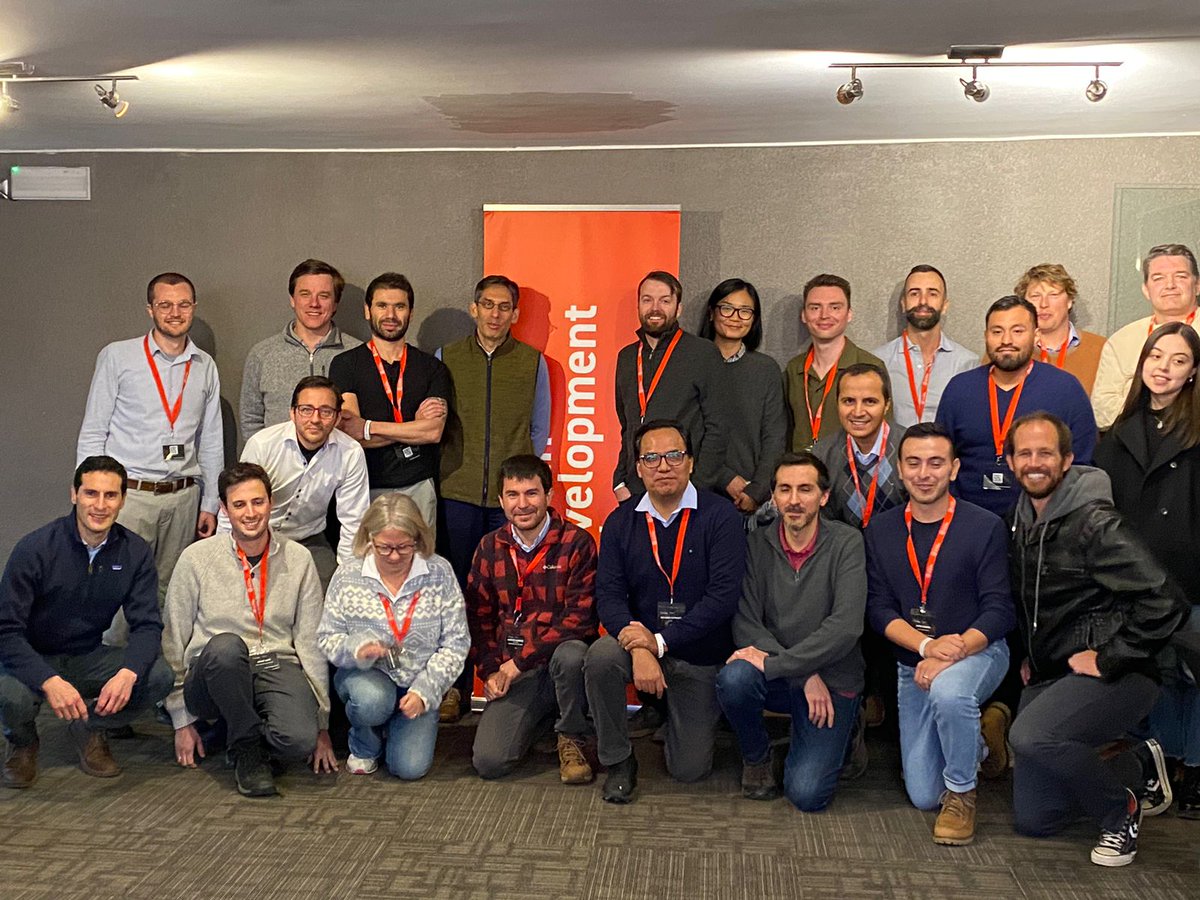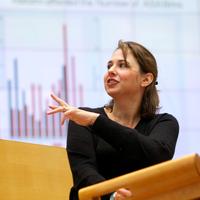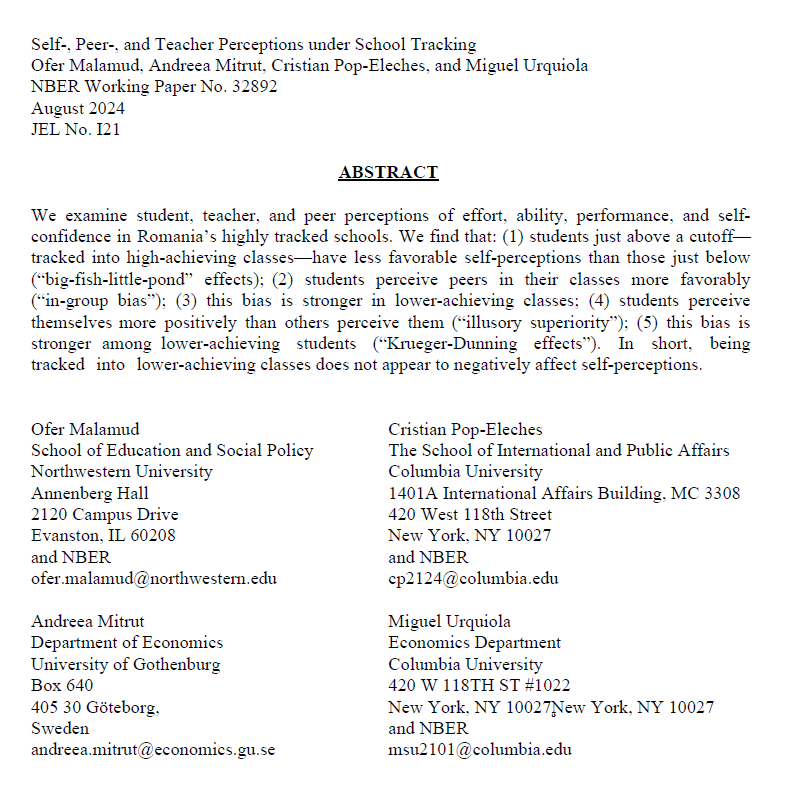
Miguel Urquiola
@m_urquiola
Economist, Columbia University. Economics applied to education.
Book: amazon.com/Markets-Minds-…
ID: 348676011
http://blogs.cuit.columbia.edu/msu2101/ 04-08-2011 20:31:07
887 Tweet
3,3K Followers
698 Following

"2U closed Wednesday with a market value of about $11.5 million, down from more than $5 billion in 2018. It went public a decade ago and hasn’t posted an annual profit since then." . wsj.com/business/2u-ed… via The Wall Street Journal






Awesome economics of education conference @ Valle Nevado Chile. Organized by Andres Barrios Andrés Barrios Fernández. Featured a policy panel launching the Human Development Lab Human Development Lab UANDES. Great papers, awesome skiing. Come next year! Christopher A. Neilson Benjamin Hansen Josefa Aguirre






Do socially isolated students benefit more from pairing with each other than with popular peers? In a 2-tiered RCT with 13000 students across India, Palaash (Palaash Bhargava) finds that seating less-popular students together boosts their social networks and non-cognitive skills.






🚨📢 Just one week left to submit to the 3rd Workshop on Economics of Education, Valle Nevado, 🇨🇱. Fantastic papers and skiing ⛷️⛷️!! When: Aug 19-22 Where: Valle Nevado⛷🏂 Keynotes by John Friedman (Brown) and Steve Pischke (LSE) Human Development Lab UANDES Economics Conferences #econtwitter


📊 ¿Cómo afecta el tracking escolar a la percepción de los estudiantes? 📌 Los alumnos en clases de alto rendimiento tienen una peor autoevaluación que aquellos justo por debajo del umbral (big-fish-little-pond effect). NBER Miguel Urquiola nber.org/papers/w32892






